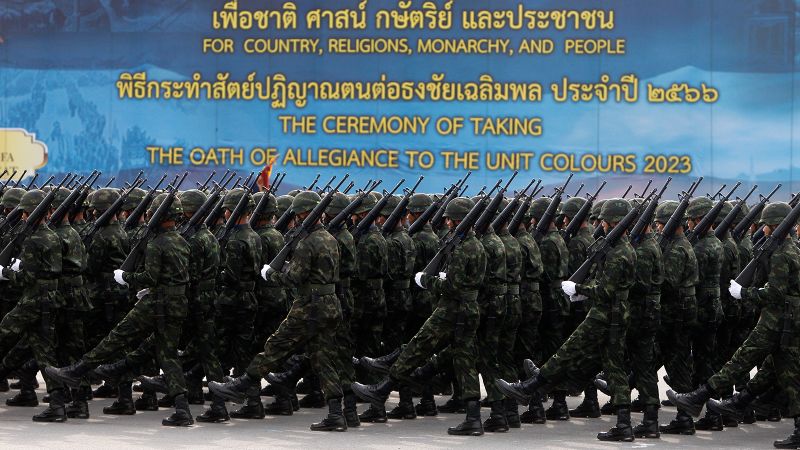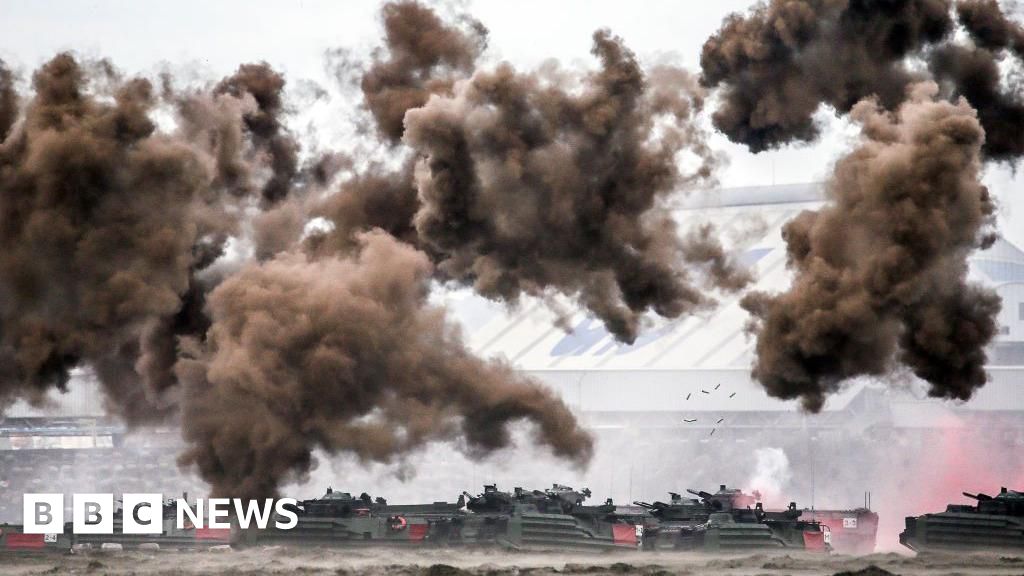Taiwanese Voters Reject China-Friendly Lawmakers in Recall Election

Introduction
Taiwanese voters made a statement in the recent recall election, rejecting a bid to remove China-friendly lawmakers from their positions. This closely watched poll had the potential to significantly shift the balance of power in the self-ruled island's legislature, but the ruling party's hopes were dampened by the results.
Key Details
The recall election was targeting about one-fifth of the lawmakers from the opposition Nationalist Party. This party has been known for its pro-China stance, which goes against the current administration's efforts to maintain Taiwan's independence. However, the voters have shown their support for the status quo, with only one lawmaker being successfully recalled and replaced by a member of the ruling party.
This outcome has highlighted the ongoing tensions between Taiwan and China, as well as the complexities of their relationship. It also serves as a reminder that the people of Taiwan value their democracy and are not easily swayed by external influences.
Impact
The results of this recall election have significant implications for both domestic and international politics. For the ruling party, it is a sign of continued support from the Taiwanese people and a boost for their agenda. On the other hand, it is a setback for the opposition party and their efforts to push for closer ties with China.
On a larger scale, this result reinforces Taiwan's position as a self-g
About the Organizations Mentioned
Nationalist Party
## Overview of the Nationalist Party The term “Nationalist Party” most commonly refers to the Chinese Nationalist Party (Kuomintang, KMT), a major political force in modern Chinese history, though similar names are used by parties in other countries. This summary focuses on the KMT, given its global significance and enduring influence. ## What the Organization Does The Nationalist Party (KMT) is a political organization with a complex legacy. Historically, it sought to unify China under a republican government, promote nationalism, democracy, and the people’s livelihood—principles articulated by its founder, Sun Yat-sen[4]. After losing mainland China to the Chinese Communist Party (CCP) in 1949, the KMT retreated to Taiwan, where it established a government and ruled as the dominant party for decades. Today, the KMT remains a significant political entity in Taiwan, advocating for closer ties with mainland China and a cross-strait policy of “not unification, not independence, and not military confrontation”[4]. ## History Founded in 1912 by Sun Yat-sen, the KMT emerged from revolutionary groups that overthrew the Qing Dynasty[5]. Sun’s vision was a modern, unified China, but internal strife and external pressures led to a period of warlordism. In the 1920s, the KMT, under Chiang Kai-shek, consolidated power, allied briefly with the Communists, and then turned against them. The party ruled mainland China from 1928 until its defeat in the Chinese Civil War (1949), when it fled to Taiwan[4]. There, it imposed martial law and maintained authoritarian rule until democratization in the late 1980s and 1990s. ## Key Achievements - **Founding of the Republic of China**: The KMT’s early triumph was the establishment of Asia’s first republic, ending millennia of imperial rule[5].


















